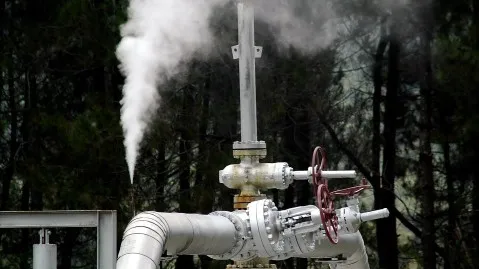
Pakistan’s LNG import dependence puts energy security, financial stability at stake
The country imported 7.4 million tonnes of LNG in 2020.
Pakistan’s reliance on imported liquefied natural gas (LNG) to replace the declining reserves of natural gas put at stake the country’s energy security and financial stability, according to the Institute of Energy Economics and Financial Analysis (IEEFA).
The country’s LNG imports could increase to more than $32b by 2030, from nearly $2.5b in 2021, according to a report co-authored by Energy Finance Analysts Haneea Isaad and Samuel Reynolds, with Isaad noting that LNG sourced from global markets has become five to 10 times higher than domestically produced gas.
“Pakistan’s vulnerability to commodity market shocks has only been increasing in the wake of the Ukraine crisis,” Reynolds said in a statement. “Coupled with the global economic recovery from the COVID-19 pandemic, price-sensitive countries such as Pakistan may be unable to compete with wealthier buyers in Europe and Northeast Asia.”
LNG imports in Pakistan reached 7.4 million tonnes in 2020, and its demand is expected by the government to grow at a fast pace over the next decade. The agency added that at least four major LNG import terminal projects are at various developmental stages.
IEEFA noted that LNG has been unreliable and suppliers under long-term contracts with Pakistan have defaulted on at least 11 cargoes since January 2021, which contributes to fuel and power shortages in the country.
Aside from the high costs of LNG, other problems surrounding the sector include final tariffs not reflective of gas costs, inefficient cross-subsidisation of gas tariffs, and high volumes of unaccounted for gas that were lost in transportation.
Reliance on imported LNG would “only reinforce credit risks for investors in the country’s LNG-to-power value chain,” IEEFA said. It added that it may take time for projects and terminals in the pipeline to materialise due to geopolitical conflicts and unviable economics which worsen stranded asset risks for LNK infrastructure.
“As more LNG is injected to this faulty network, financial issues in Pakistan’s gas sector are likely to worsen significantly,” Reynolds said. “Circular debt, chronic cashflow shortages that have historically plagued Pakistan’s power sector, is now rampant in the gas sector.”
The agency also said that LNG price increases and supply insecurity can also affect the economy which widely utilises natural gas. It cited the power sector which saw LNG fuel shortages forcing 3,500 megawatts of power capacity to go offline since December 2021 and contributed to local load shedding of 10 to 18 hours daily in recent weeks.
It also noted that textile mills in Punjab also had to close for over two weeks in January due to fuel shortages which resulted in the loss of $250m worth of exports or 20% of the sector’s annual revenue.
“In Pakistan’s textile sector, power generation costs can amount to roughly 30-40% of the production costs,” Isaad said. “Since the textile industry depends on gas-based power generation, rising LNG prices can grossly reduce profit margins.”
Ensuring energy security
Using existing LNG supply more efficiently by changing regulatory incentives, rationalising tariff structures, and implementing energy efficiency programmes, amongst others, should be the focus of Pakistan in the near term instead of increasing imports to keep energy security.
Isaad added that having more coherent strategies for LNG procurement and tenders and maximising the use of existing terminals can also help improve energy security without adding new major infrastructure.
The IEEFA added that accelerating the adoption of new utility-scale and behind-the-meter renewable energy and battery storage projects can also help limit demand for LNG in the country’s largest gas consumer which is the power sector.
Another sector Pakistan can tap into in the long-term as an agricultural economy is the use of biogas for power generation and domestic usage to complement natural gas use, it said, adding that whilst biogas is not new, the lack of incentivising policy prevented the widespread uptake of the fuel.

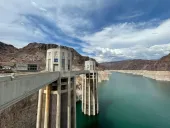
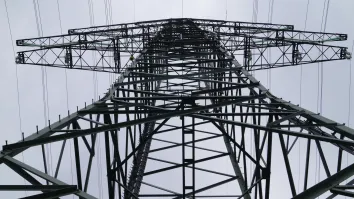
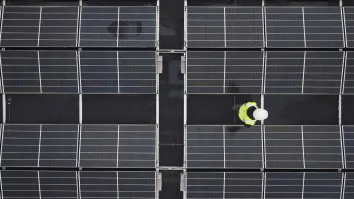
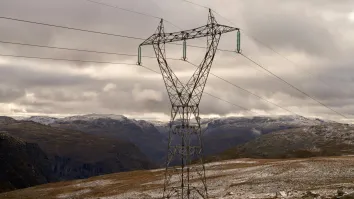
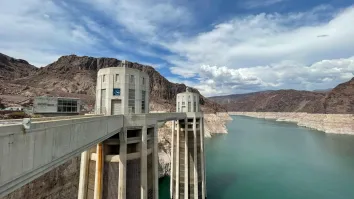
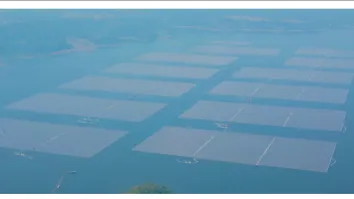
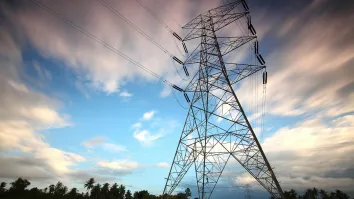
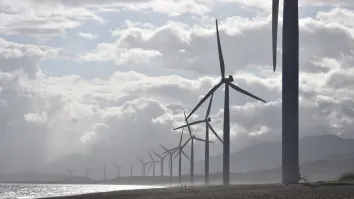


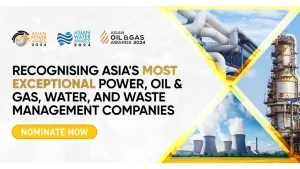







 Advertise
Advertise






